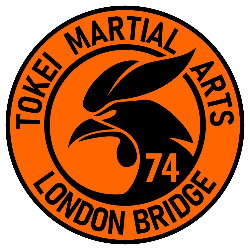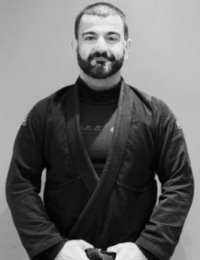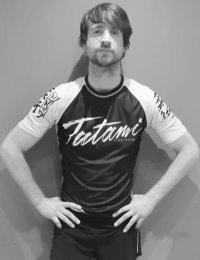Brazilian Jiu Jitsu is one of the most effective, reality-based fighting systems in the world.
Created by the Gracie Family, the basic premise of Jiu-Jitsu is that 90% of fights end up on the ground. As such, Jiu-Jitsu is focused primarily on effective ground fighting.
At the Tokei we have fantastic instructors who are great practitioners.
Thursday
19:30 -
21:00
Saturday
09:30 -
11:00
Ability : At the Tokei we accommodate all levels of ability for BJJ.
Liam
Liam Wandi is a lifelong martial artist with black belts in Karate, Judo and Gracie Jiu-Jitsu. He has been an instructor of Jiu-Jitsu for the past 16 years.
He has given seminars around the world and also writes the popular Jiu-Jitsu blog "The Part Time Grappler".
Liam recently released his book, "What Outstanding Instructors Do: The definitive resource for aspiring Jiu-Jitsu instructors".



